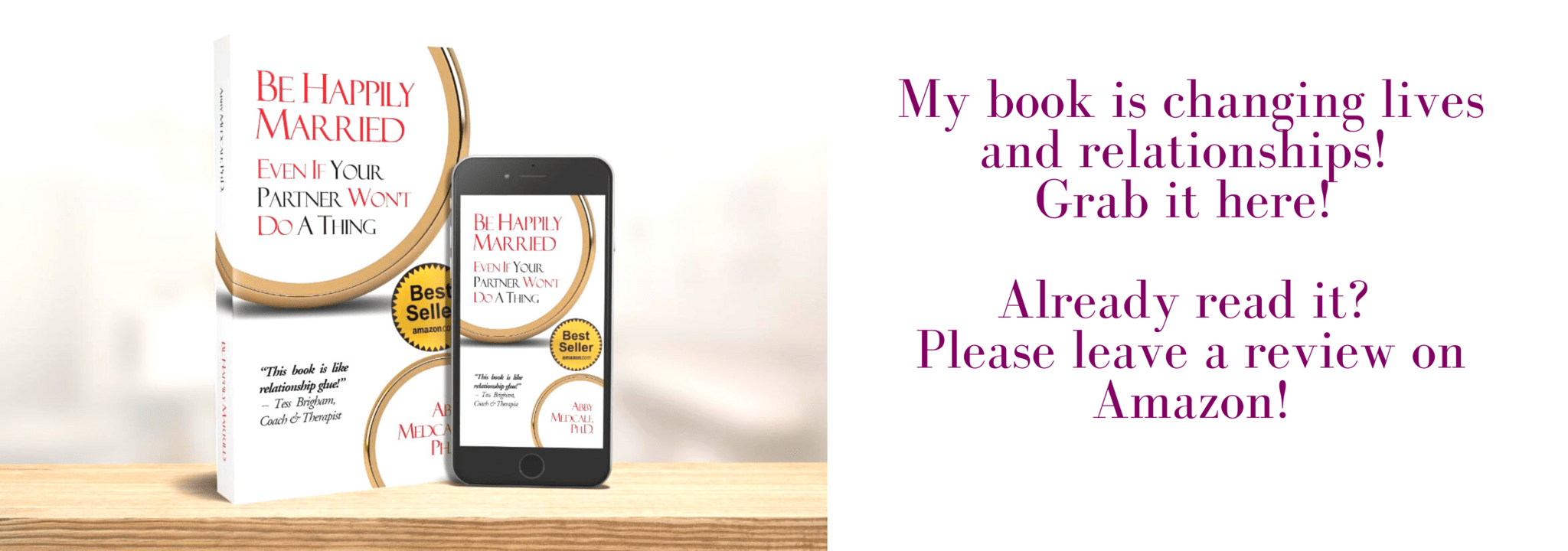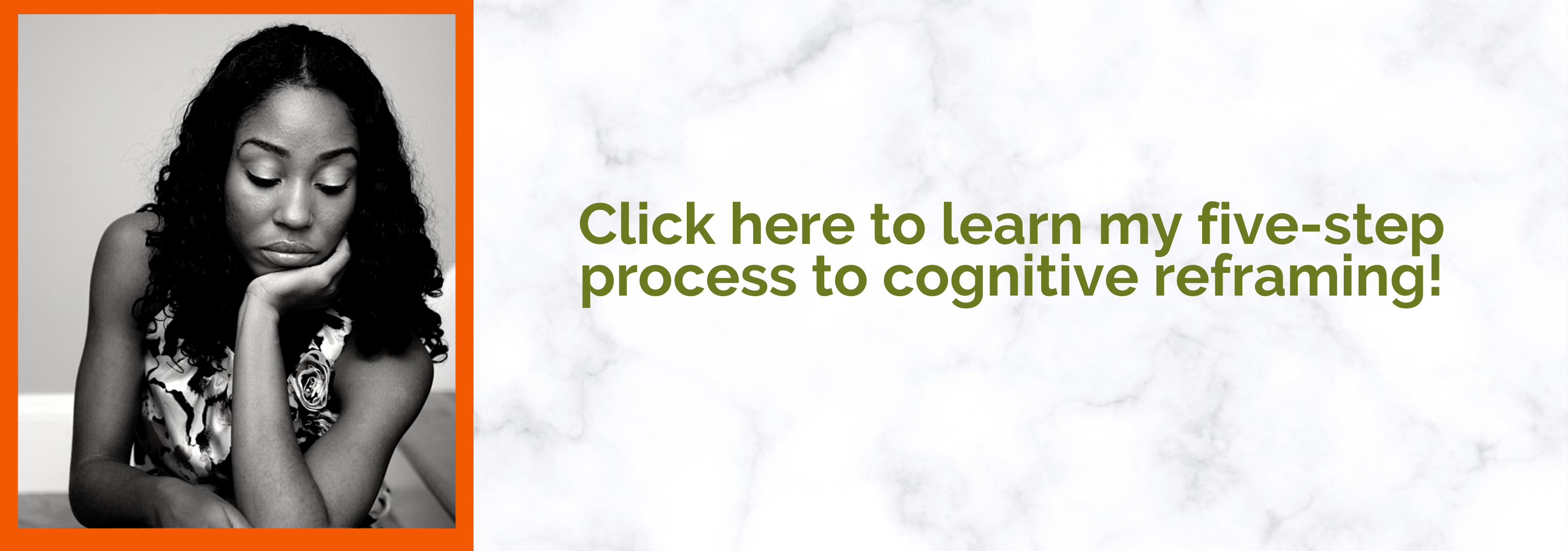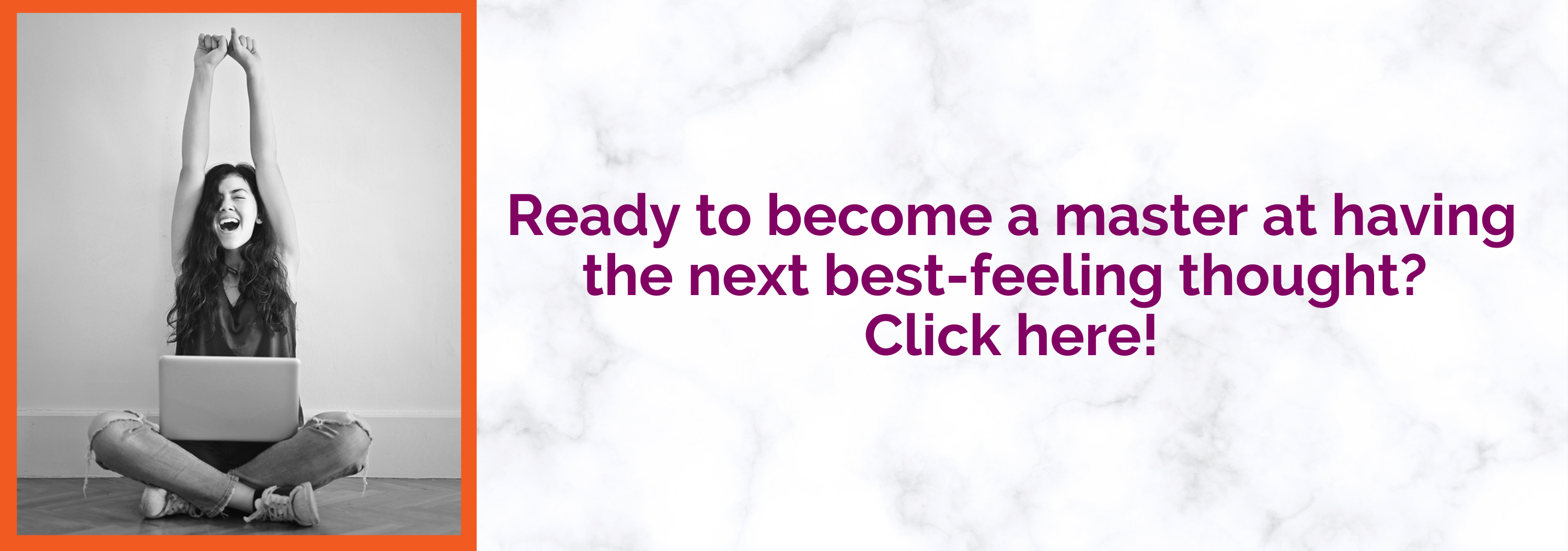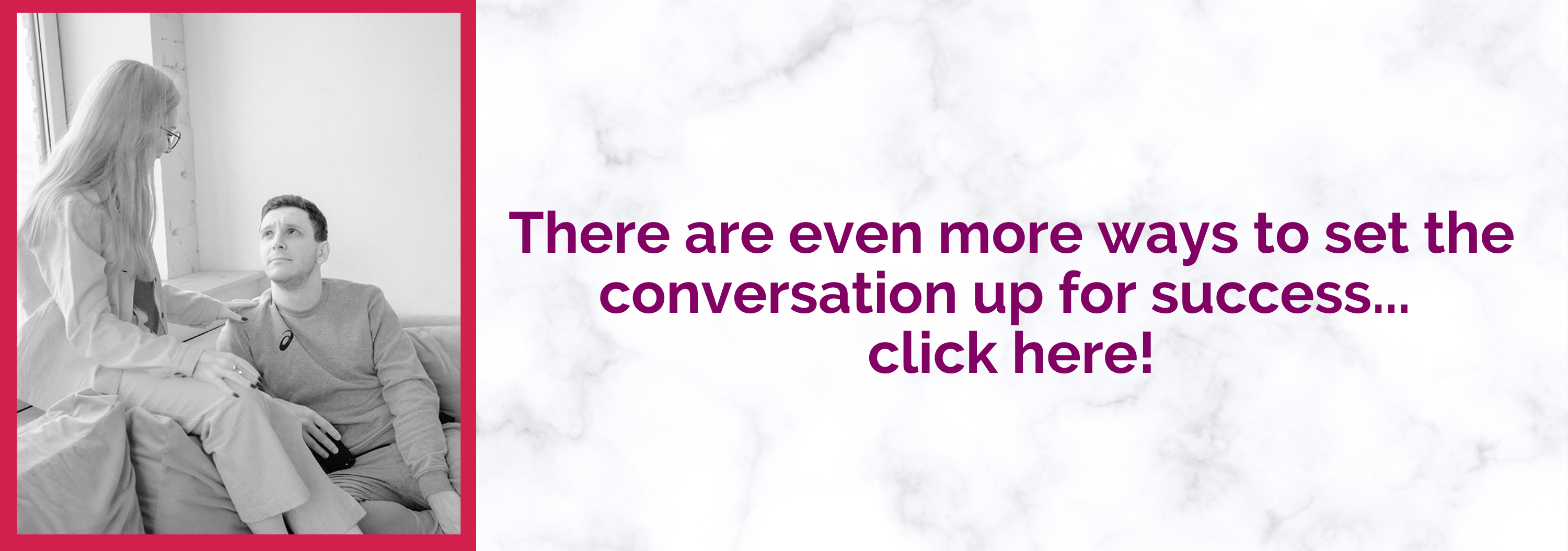
At its core, conflict avoidance is people pleasing due to a deeply ingrained fear of hurting or upsetting other people if you express your true feelings. This type of codependency leads to feelings of resentment and loneliness and ultimately hurts you and your relationships. Whether you’ve got a partner who’s conflict avoidant or you’re dealing with your own conflict avoidance, I’ll walk you through my best tips for dealing with it.
10-minute read
Prefer to listen to the podcast? Click here!
What is Conflict Avoidance?
At its core, conflict avoidance is really people-pleasing, so it’s a form of codependency. The conflict avoidant person will make themselves uncomfortable in order to not make anyone else upset or uncomfortable. Conflict avoiders don’t want to rock the boat and will do anything from sidestepping a difficult conversation to withdrawing emotionally to completely denying the existence of an issue (also known as stonewalling), in order to keep things on an even keel.
Conflict avoidant people have an extreme fear of disappointing or being abandoned by others, so they’ll figure out ways to deny or minimize problems so they don’t have to discuss them. The result of all this avoidance are feelings of resentment, hopelessness and anger which build up over time and eventually come out in some crappy, unhealthy way.
In psychology we call this gunnysacking. Gunnysackers silently keep score of all the annoyances, injuries, objections and wrongdoings in a relationship until they can’t take it another second. Then they act like a volcano and will often explode on the other person with a long list of issues. They use words like “always and never” as they bring up their long-held inventory of grievances. When you don’t resolve your feelings as things come up, they’ll accumulate until they can’t be contained anymore. Some gunnysackers don’t explode and, instead, leave a relationship or job suddenly (and some do both).
Often the gunnysacker takes these unhealthy actions and then feels embarrassed or ashamed that they’ve let loose with this tirade or regret leaving the relationship. They’re so distraught that they vow to hold in their feelings again, which just continues the cycle.
The Three Ways Conflict Avoidance Hurts Your Relationships
So many people are conflict avoidant because they think they’re helping their relationship. Why bring things up and cause a fight or tension? Easier to let it go and just be at peace. Although this works in the short term, it becomes detrimental in the long-term and ends up eating away at the core of any relationship. There are three main ways conflict avoidance hurts your relationships:
1. Conflict avoidance destroys trust.
When you’re avoiding conflict, you’re essentially lying about your thoughts and feelings about something. Consciously or unconsciously, your partner picks up on this lie and knows something is off so don’t trust when you say everything is fine or refuse to discuss an issue. They learn that they can’t trust what you say and this leaks into other areas of the relationship. It’s important to learn how to build real trust in your relationship.
2. Conflict avoidance hurts your relationship because it hurts you.
Whether you’re the conflict avoider or if it’s your partner, you end up with feelings of resentment, frustration and loneliness. These feelings will roost somewhere. They might result in passive aggressive behavior, criticism or simply being unhappy. It’s also been found that bottling up your emotions hurts you physically and can increase the risk of premature death, including death from cancer!
3. Conflict avoiders withdraw from the relationship.
As they don’t share their true thoughts and feelings, they feel more and more unsafe and can actually blame their partner for why they’re not sharing! This emotional withdrawal shows up in a number of ways, but they all equal distance in the relationship.
Conflict avoidance doesn’t protect your relationship, it hurts it.
The Main Reason People are Conflict Avoidant
There’s one main reason people are conflict avoidant: it’s because they’re expecting that sharing their thoughts or feelings will results in a fight or being abandoned. They’re expecting some kind of negative result.
A lot of the research shows that conflict avoiders often come from homes where conflict was a bad thing. Maybe voicing your opinion in your home growing up meant getting slapped, yelled at, belittled or something worse. Maybe it meant a parent withholding love or attention. Maybe you grew up in a home where saying something was met with criticism or what you shared was dismissed or minimized.
But I’ve also found that being a conflict avoider can be from what you didn’t see as a kid. For example, in my house growing up I never saw may parents argue. Not once. Any disagreement, no matter how small, was behind closed doors so I used to actually think my parents never fought! I inadvertently learned that a successful relationship (they were married 54 years when my dad died) meant that you didn’t argue at all! Yikes! Never seeing conflict resolved successfully means I never learned this valuable and necessary skill. I didn’t know how to voice my opinion if it differed from someone else’s. I got a lot of kudos and positive reinforcement for “going along with the program” so that’s what I did for years (I also used heroin for many years, so you can see how that was working for me).
It was only when I was in school getting counseling degrees and working in various settings that I learned the skill of speaking to people when things were tough. I have no negative feelings when it comes to doing it at work but still struggle doing this in my personal life. It’s one of those areas I always need to watch! (Talk about old habits dying hard)!
No matter the start to life, as adults conflict avoiders end up feeling that sharing their opinions, thoughts and feelings is scary and not worth it.
How to Deal with Conflict Avoidance: Yours or Someone Else’s
There are four main things to focus on if you’re a conflict avoider or if you’re dealing with a conflict avoider at home or work.
1. Think Different
First things first. You’ve got to change your beliefs about speaking up. You’ve got to create a positive association around sharing your thoughts and feelings with others. You do this using a technique I’ve talked about previously called cognitive reframing.
At its most basic level, cognitive reframing helps you looks at a situation, person, thought or feeling from a different perspective. It’s a strategy that helps you open your mindset to a new point of view, a new angle on what’s happening so you can think differently about it. So, if you started thinking differently about voicing your opinion and seeing it as a positive thing with a positive outcome, you’d be much more likely to do it and stop avoiding.
The phrase “conflict avoidance” implies that there will be a negative conflict or tension. There doesn’t have to be. Disagreement or sharing your feelings can be seen as an opportunity for growth for yourself and/or your relationship. It can be seen as engagement and a tool to create closeness.
Thinking of problems as challenges is a great cognitive reframe. Thinking of a difference of opinion as an opportunity to get to know one another better and build closeness is a cognitive reframe.
2. Set Yourself Up for Success
I talk a lot about the importance of doing the work before a conversation to better ensure success. The first step is to get your physical self in check. If you’ve been avoiding conflict for a while, you have a neural association of fear with sharing your feelings, which basically means that your brain is hijacked making this entire process very difficult. When your fear brain (amygdala) is lit up, the rational, calm thinking part of your brain (your prefrontal cortex) can’t come on line.
The good news is that there are quick hacks to calm your brain and nervous system. For example, you can take a deep slow breath (which stimulates your vagus nerve and helps calm your nervous system).
You can also do one of these exercises:
- This doesn’t have to be scary at all
- This reaction I’ve had isn’t real. Speaking about my feelings is important and I’m worthy of sharing them.
- It’s not about the reaction I get from the other person, it’s about standing up for myself in a healthy way
- I’m always improving myself and this is another way to do that
- I’m working on being the healthiest, sanest person I can be and this is a great step in that direction
- There’s nothing to fear here. There are no tigers. The only thing here is my love for myself.
- Being a conflict avoider is just something I’ve learned from childhood and I can unlearn it.
- It’s really hard for me to tell you how I’m feeling right now, so I’d like us both to take a breath and I’d like you to listen and hear me out before saying anything.
- I need to say something and it’s my intention to be open and loving and that you’ll do the same. I want us both to walk away from this conversation feeling heard and mutually satisfied and closer.
- I’m really looking forward to speaking more with you about my thoughts about X. I know that, together, we can come up with a great plan.
3. Show Empathy
There’s a reason you or your partner is conflict avoidant and that reason deserves some empathy! Conflict avoiders have learned this way of being and there’s a basis or motive for these actions. For example, if your partner is the conflict avoider, it’s important to remember that they’re not avoiding you, they’re avoiding some scary idea they have of what speaking their truth will mean. They see some yucky consequence for sharing their true thoughts and feelings so be as patient and compassionate as possible. Don’t take their actions so personally.
Remember, you’ve got to connect to correct so showing empathy and compassion if your partner is a conflict avoider is the best way to create a space where they’ll start sharing what’s real. In this same vein, you want to emphasize that you’re a team; you’re not going anywhere and you’ll get through this together.
If you’re the one who’s struggled with conflict avoidance, all the same applies! Have some compassion, patience and empathy for yourself and this learned behavior and remind yourself that you’re taking new actions, which will become new habits over time.
4. Be Mindful and Immediate
Last but not least, none of this will hold if you’re not mindful before, during and after the conversation! Learning to be mindful is the key to a successful relationship with yourself and everyone around you!
Resources
How to Know if You’re Doing Too Much for Others
Your People Pleasing Might Be a Trauma Response
Building Trust in Your Relationship
How to Deal with Passive Aggressive People
How to Stop Overthinking and Let Things Go That Bother You
The Complete Guide to Effective Communication in Any Relationship
8 Rules for Giving Great Feedback
The Easiest and Most Effective Way to Solve Any Problem
How to Listen without Getting Defensive or Hurt
How to Make Mindfulness a Habit










